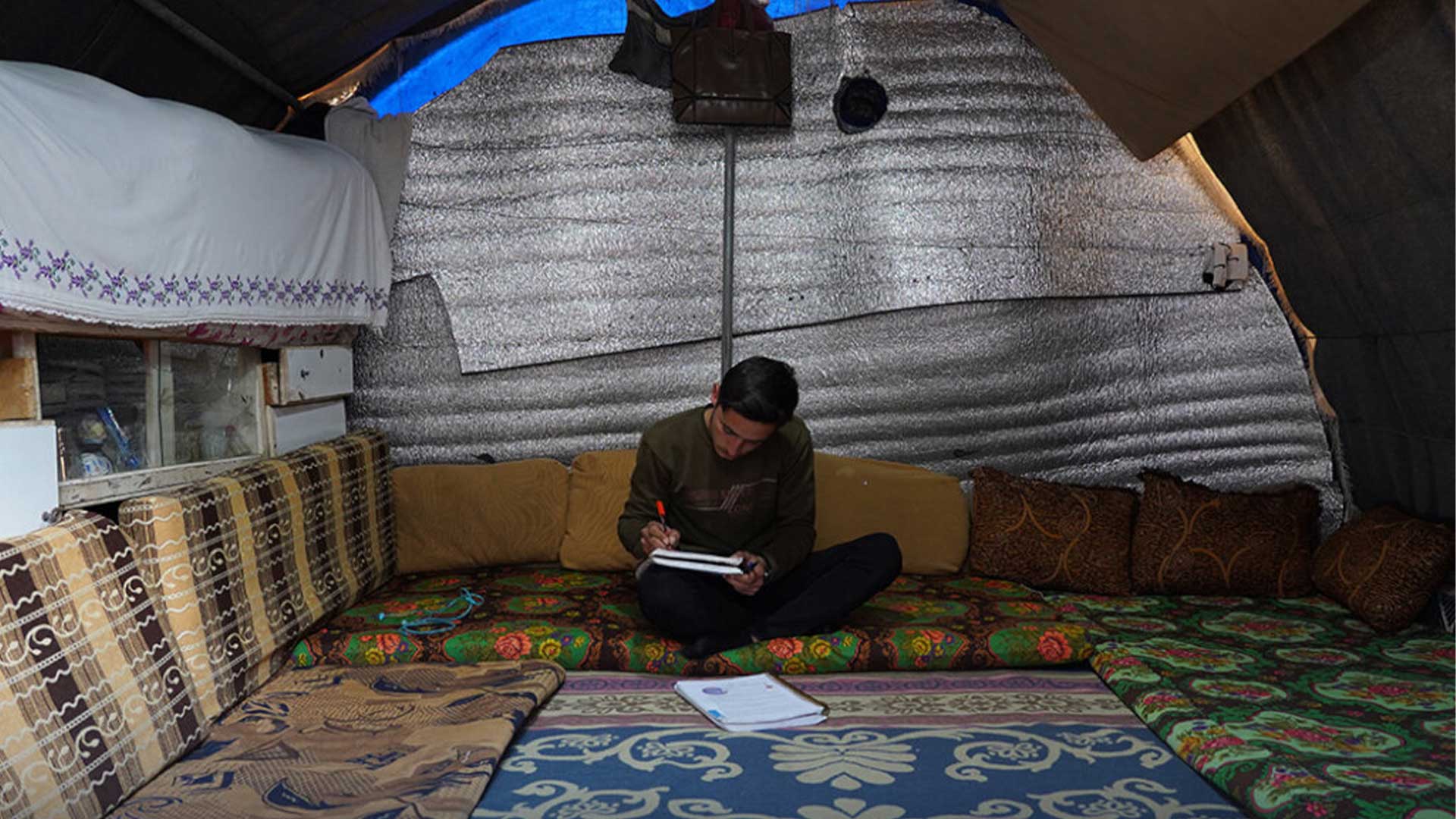Our ears are filled with expressions of distress: “I’m depressed,” “I can’t keep up with my studies,” “I can’t bear anymore.” I visited the doctor, and he mentioned to me all the symptoms of psychological Pressures and stress.
Many individuals face psychological pressures in their daily lives that impact both their mental and physical health. Psychological pressure can result from professional, personal, social, or health-related challenges. In this article, we will discuss the concept of mental health, sources of psychological pressure, its symptoms, and how to cope with it.
Concept of Mental Health
Mental health is the overall state of proper psychological growth. It involves the ability to effectively deal with challenges and psychological pressures, expressing emotions correctly. Mental health also includes feeling satisfaction and happiness in life and the ability to adapt to changes and life’s requirements.
Psychological Pressure
Psychological pressure is the feeling of tension and anxiety that arises due to specific challenges and pressures in life. While this pressure can be a source of motivation for good performance in work and tasks, when it becomes continuous and uncontrollable, it can negatively affect mental and physical health.
Sources of Psychological Pressure
Sources of psychological pressure are diverse and vary from person to person. Include:
– Work-related pressures: Tight deadlines, tiring work, and numerous responsibilities.
– Social pressures: Societal expectations and dealing with complex personal relationships.
– Family problems: Facing family challenges and dealing with tension at home.
– Financial pressures: Dealing with debts and financial burdens.
– Personal challenges: Dealing with life changes and making tough decisions.
Students face additional pressures related to studies and achievement, which is a significant challenge. They find themselves dealing with time management and balancing study and personal life. Pressures increase during critical stages of education, such as final exams and choosing a college major, leading to elevated levels of stress and anxiety.
Moreover, many Syrians living in camps face additional psychological pressures due to limited resources, challenging living conditions, isolation, and anxiety caused by instability.
In private sessions on managing psychological pressures with students from the Masarat Initiative, they identified pressures affecting their lives, health, and studies. Students mentioned various symptoms they experienced, including difficulty concentrating, negative thoughts, lack of self-confidence, anxiety, decision-making difficulties, mood changes, feelings of despair, tension, inclination towards sadness, inability to relax, loss of emotional control, headaches, muscle tension, digestive problems, increased heart rate, fatigue, changes in eating or sleeping patterns, and a tendency towards isolation, Excessive caffeine intake , Decrease in work productivity and study performance.
Many seek a remedy for psychological pressures. Is there a cure? The solution is not a painkiller or a bandage but a process that requires time and effort, yet it is possible and worthwhile.
Here are some strategies to help manage psychological pressures:
1. Organization and Planning: Clearly define tasks and goals and organize a timetable to complete them. Good planning can reduce stress and annoyance. Dividing tasks into smaller ones is a helpful approach , This is what we worked on with the students of the Masarat Initiative, by drawing up daily plans, with the possibility of completing them and following up individually with motivation.
2. Setting Priorities: Focus on the most important tasks and prioritize them. Setting priorities can help concentrate on the most important tasks and reduce the feeling of pressure, This is equally similar to preparatory study before exam, and we work on this in pre-exam memorization and memory sessions for help students at masarat Initiative.
3. Do not forget your prayers and remembrance, as they are the first help in life
4. Maintain Daily Habits: Stick to your daily habits or acquire new ones. Regular waking and sleeping times, personal hygiene, healthy eating, regular exercise, designated work and rest times, and time for activities you enjoy are crucial.
5. Breathe and Reward Yourself: Control your breathing when stressed, and reward yourself after completing a task, even with a small treat.
6. Seek Social Support: Talk to friends or family about your feelings and challenges. Social support can help alleviate psychological pressure.
7. Avoid Work Addiction: Try not to drown in work excessively. Take breaks and relax.
8. Reduce News Consumption: Limit the time spent on news that causes anxiety or stress. Seek information at specific times of the day, once or twice if necessary.
9. Asking for help: If psychological pressure is continuous and significantly high, seek help from a professional counselor.
Using these strategies can help manage psychological pressures and deal effectively with daily challenges. Choose the strategies that suit you and integrate them into your lifestyle. One of the most important tips is to avoid suppressing pressures and try to manage them.
In conclusion, we ask Allah for your well-being.
Mawya Shullar – Leader of Student Activities Program at Masarat Initiative





